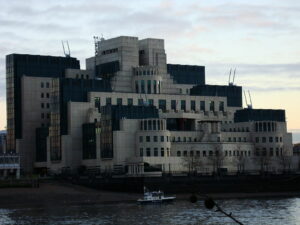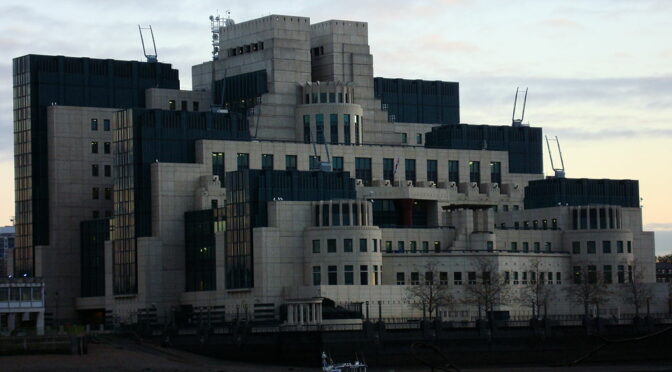Article published in The Daily Mirror, 16 November 2015. © Richard Kemp
As they did in Paris on Friday , Islamic State terrorists could attack the UK at any time.
Are we ready?
Our intelligence services do a superb job and have disrupted many attacks planned against us by Al-Qaeda and the Islamic State. Many jihadists are in jail. But their challenge is enormous.
Andrew Parker, Director General of MI5, recently warned that there are over 3,000 Islamist extremists willing to carry out attacks in the UK.
Few attacks are conducted by terrorists who are completely unknown to our intelligence services. It appears some of those involved in the Paris attacks were on the radar screen of French intelligence.
Surveillance is hugely resource intensive, requiring perhaps a team of 15 to 20 to monitor a single target around the clock. So the thousands of terrorist suspects have to be prioritised and sometimes, unavoidably, the intelligence services get it wrong.
It is vital that the Government allocate far greater funding to MI5, MI6 and GCHQ to increase their surveillance capabilities and reduce the likelihood of an attack getting through.

It is also vital that Government plans to enhance monitoring of emails are pushed through rapidly. Yes, this infringes individual liberties, but unfortunately it is necessary to save lives.
The police have significantly improved their capability to deal with an attack like Paris that combines suicide bombers and gunmen – which they call a ‘Marauding Terrorist Firearms Attack’.
Police armed response units have been up-gunned since the Mumbai attacks in 2008. And plans are in place for soldiers to relieve armed officers at static security points so they can deal with terrorist attacks.
But in the toughest situations the police still need the SAS to back them up. They can operate with greater force and more firepower, and plans are in place to deploy special forces rapidly when needed.
My greatest concern is immediate response to a terrorist gun attack. Britain is one of the few countries where all police officers are not armed.
And the number of firearms officers, especially outside London, has reduced by several hundred in the last few years due to spending cuts. Combined, this increases the time-lag for armed officers to arrive at the scene of an attack.
When Drummer Lee Rigby was butchered on the streets of London in 2013, the first police on the scene were unarmed and could not intervene against armed attackers.
When they arrived the armed response team dealt very effectively with the terrorists, but in a different situation the time delay could have cost lives. In today’s world, with increasing terrorist threats against all of our cities, lives could be saved if every police officer was routinely armed.
President Hollande deployed 1,500 soldiers onto the streets of Paris within hours of Friday’s attacks. This could not happen in Britain today. Not because troops are unavailable – we have three battalions of infantry on standby to assist in a crisis. But there is an institutional reluctance by police chiefs to call for military reinforcements.
This mindset needs to change, as a strong military presence in cities at risk of attack is likely to provide a deterrence that police cannot match. A greater readiness to use the military could prevent bloodshed.

